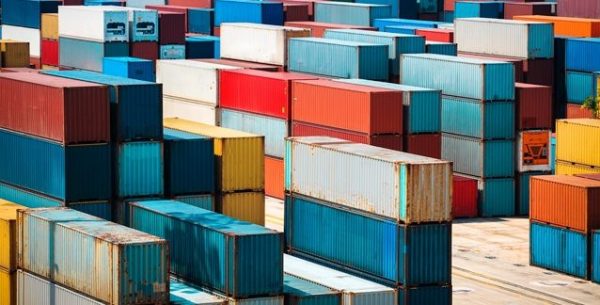The US Government Accountability Office issued a report which provides an overview of progress and challenges in implementing maritime cargo security programs. The report is a testimony at the recent hearing on maritime nuclear smuggling issues. The GAO testimony focused on cargo security issues, identifying progress regarding risk assessments and partnerships with foreign governments.
The report finds that the Department of Homeland Security (DHS) and U.S. Customs and Border Protection (CBP) have made substantial progress in implementing initiatives and programs that, collectively, have enhanced cargo security, but some challenges remain.
The Global Supply Chain and CBP’s Key Cargo Security Initiatives and Programs

Risk Assessments of Cargo Shipments
In January 2015, GAO found that CBP did not have accurate data on the number and disposition of each high-risk shipment scheduled to arrive in the United States. Specifically, CBP’s data overstated the number of high-risk shipments, including those that appeared not to be examined or waived in accordance with CBP policy. CBP officers inconsistently applied criteria to make some waiver decisions and incorrectly documented waiver reasons. GAO recommended that CBP define waiver categories and disseminate policy on issuing waivers. In response, CBP issued a new policy that includes criteria for waiving examinations of high-risk shipments and developed a new process for recording waivers and issued a memorandum.
GAO has made recommendations to DHS to strengthen various maritime cargo security programs. DHS generally concurred with the recommendations and has taken actions, or has actions under way, to address many of these recommendations.
Please click below to view the report
Source: GAO































































